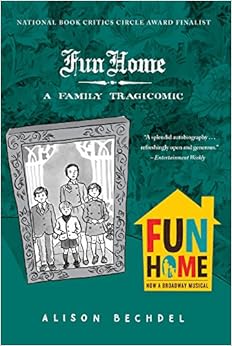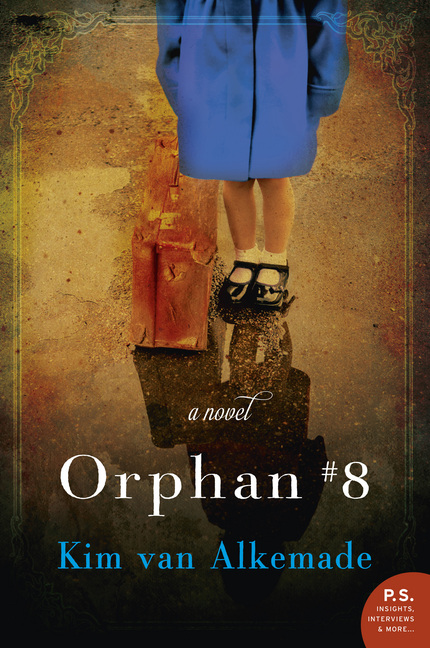Intro and Narrative
Structure:
House of Leaves has enough crazy in it to make even the most
accomplished reader’s head spin. If you are one who finds it difficult to
follow more that one perspective/narrative, this novel is not for you. Which,
as I type this, is an entertaining phrase to employ, as the first words after
the foreword are, “This is not for you”. This is a pretty foreboding way to
start off a 600+ page meta-novel. As I
was saying, if you can’t handle more than one perspective/narrative you
probably should try to tackle this beast. The primary narrative is comprised of
several documentaries known as the “Navidson Record”. These are relayed and described to us by a
character/narrator named Zampanò (in Times New Roman font). Another narrator
(or narrative frame, if you will) is Johnny Truant’s commentary/narration of
Zampanò. His comments/narration appear in the Courier
New font. Beyond that, we have the narrative frame of “The Editors”;
they are never named and comment fewer times than Zampanò/Truant. Finally,
there is the narrative frame of the reader. You. I recently sat in on a college
class at the University of Buffalo where the students spent almost four weeks
reading and unpacking the novel (and becoming increasingly unhappy about
life/this labyrinthine novel). It was
immensely interesting to hear so many different takes and theories on the novel
after spending many years knowing fewer than three people who had read the book
(the vast majority of people I know have never even heard of it). Anyway, the
reader (you) place your own narrative frame around the text as you read it. The
perspective you, as the reader, shed on the words and the structure is one of
the most important narratives of the novel. To put the narrative structure
visually:
Navidson Record --> Zampanò --> Johnny Truant --> The Editors --> The Reader (you).
[Yo, we heard you like narrators…so we put narrators in your
narrators.]
An additional comment regarding narration: Zampanò, the main
narrator, is primarily speaking about the visual documentary (The Navidson
Record). I would consider him (and every other narrator) unreliable. I have the
most conviction for Zampanò, however, as he is blind. Yes, you read that
correctly. Our primary narrator of a visual documentary is blind…go figure.
General Plot Overview
& Textual Composition (no spoilers):
Moving forward, one flip through the book gives you a pretty
good picture of why many consider this to be an intense and difficult to follow
novel. Danielewski created a literal labyrinth with words on the page. Flipping
through, one can see text spiraling around the page, text upside down and
sideways, text mirrored through (like the window of a house, duh….House of Leaves) the page to the other
side, one word per page for several pages, and so on and so forth. I pity the
page editors/typesetters for this book. You’ll also notice some color and font
patterns that I will unpack a little later on here. Quite probably, should you choose to read
this, you will come to both hate and love the extensive footnotes.
As it’s given on the book jacket, here is a straightforward
summary for an extremely complex text:
Years ago,
when House of Leaves was first being passed around, it was nothing more than a
badly bundled heap of paper, parts of which would occasionally surface on the
Internet. No one could have anticipated the small but devoted following this
terrifying story would soon command. Starting with an odd assortment of
marginalized youth – musicians, tattoo artists, programmers, strippers,
environmentalists...




